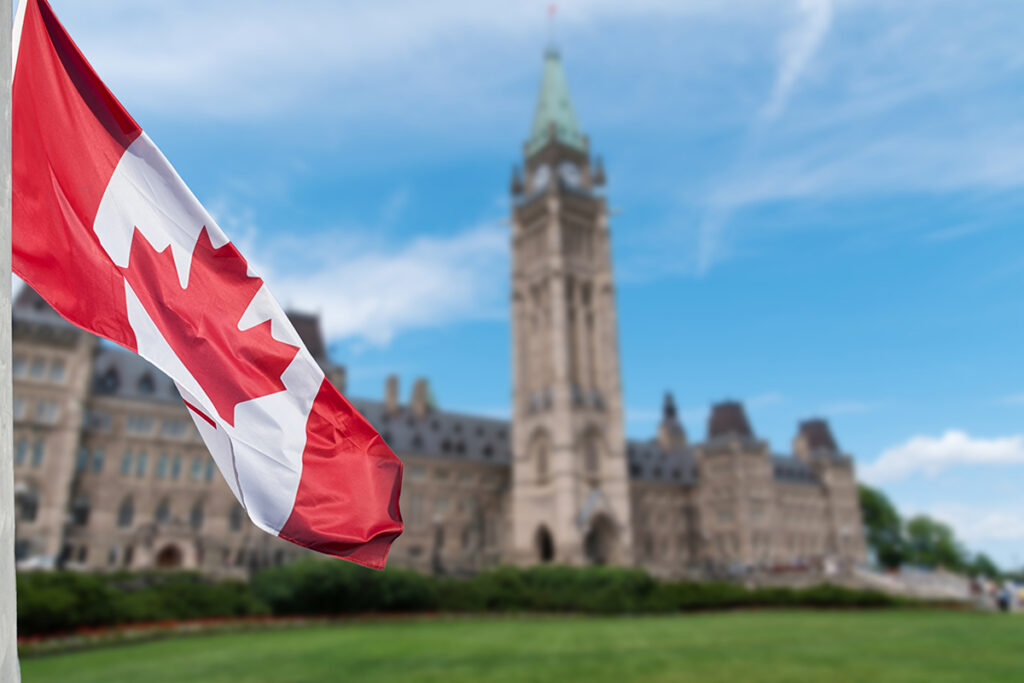In a striking revelation, a declassified intelligence report from the Canadian Security Intelligence Service (CSIS) has exposed the extensive reach of foreign interference networks within Canadian politics. These networks are not only pervasive but are also deeply entrenched across all levels of government, highlighting a growing threat that is incrementally undermining the fabric of Canada’s democracy.
According to the report, obtained by Global News through the Access to Information Act, this form of interference is distinct from conventional diplomatic endeavors, employing tactics of secrecy and deception to sway policy-making, shape public narratives, and infiltrate civil society. The breadth of this infiltration spans across federal, provincial, municipal, and indigenous governments, impacting various aspects of Canadian civil society, including diaspora groups and media outlets.
The timing of these revelations is particularly significant as a government-ordered commission of inquiry, initiated by Prime Minister Justin Trudeau’s administration, is currently underway in Ottawa. This inquiry is scrutinizing the extent of foreign interference in the 2019 and 2021 federal elections, sparked by earlier reports that hinted at Chinese involvement, which were initially underestimated by the government.
The CSIS document, titled “Foreign Interference and Elections: A National Security Assessment,” underscores the strategic importance of election periods for foreign interference activities. These periods are seen as prime opportunities for overseas governments to clandestinely support candidates sympathetic to their interests or undermine those perceived as adversarial.
The implications of such interference are profound, with the report detailing how these activities not only erode Canada’s sovereignty and democratic values but also chip away at the nation’s social cohesion, a cornerstone of its multicultural society. Moreover, these actions pose a direct challenge to the Charter rights of Canadian citizens.
While the CSIS has been proactive in countering these threats, there’s an emerging consensus that political parties need to bolster their defenses to safeguard against such undermining efforts. The report’s findings, although heavily redacted with no specific countries named in the public sections, coincide with other documents that identify China and India as significant threats, with China being labeled as the foremost concern.
The People’s Republic of China, in particular, has been highlighted for its sophisticated and persistent interference tactics aimed at promoting its interests. Such actions are not only viewed as detrimental to Canadian sovereignty but also as divisive, particularly impacting the Chinese-Canadian communities.
This intelligence assessment paints a grim picture of the challenges facing Canadian democracy, emphasizing the need for a concerted effort to protect the nation’s democratic institutions and values against foreign interference. As Canada navigates these turbulent waters, the findings of the ongoing inquiry and the response from Canadian political parties and institutions will be critical in shaping the country’s defense against these insidious threats.


